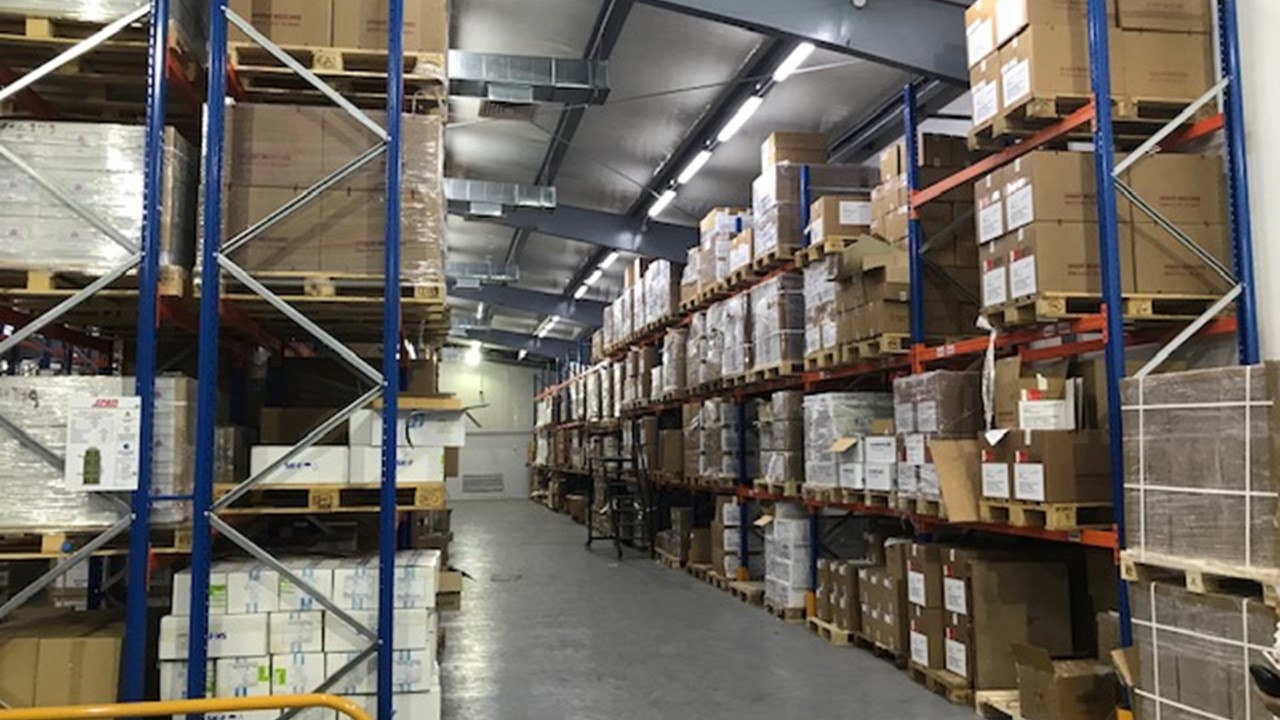Technical support to UNICEF to support health authorities in Lebanon in strengthening the vaccine supply chain
Lebanon is facing a major economic, financial, and political crisis that is weakening the entire health system and in particular the national immunization program. The lack of fuel is threatening immunization services by affecting the transportation of vaccines and their storage in the cold chain, which is mainly powered by electricity. The COVID-19 pandemic has made the weak capacity of the health system to provide quality immunization services throughout the country more acute
With the UNICEF team, we developed electronic tools to collect detailed data on the status of the cold chain at the central and peripheral levels. After being trained, local field officers conducted a comprehensive inventory of cold chain equipment in all 880 sites providing immunization services in the country. The results of the inventory were used to develop a multi-year cold chain rehabilitation plan, with a focus on the use of solar energy to reduce reliance on scarce, expensive, and polluting fossil energy and limiting the need for costly maintenance and repair. This plan was developed in collaboration with the health authorities of the various entities, and enabled the UNICEF country office to mobilize adequate financial resources from international donors.
The use of computerized tools for the collection and analysis of cold chain data makes it possible to create a permanent and dynamic monitoring system, thus facilitating the planning of equipment maintenance and replacement and its financing.

